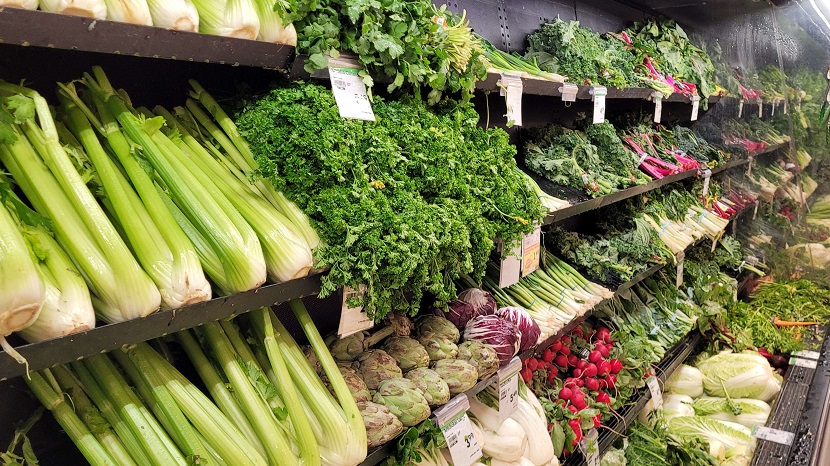Rising food costs could lead to poor health conditions, expert warns
Healthy foods among most expensive, prices projected to keep increasing

caption
With inflation cutting into Canadians' spending power, many are reaching for more affordable grocery options.A Queen’s University professor is warning of worsening health conditions for Canadians as food costs continue to rise.
Elaine Power, a professor of health studies at the Kingston, Ont. school, said poverty and healthcare costs go hand in hand.
“There’s real consequences for people’s health,” she said. “They’re going to be buying the cheapest food that they can to just stop being hungry.”
Despite an overall drop in inflation rates, the cost of food has been hovering around 11 per cent since last August, according to the latest Consumer Price Index (CPI) report released Jan. 17.
Fresh vegetables are now among the most expensive of groceries, rising 13.6 per cent in December “following an 11.2 per cent increase in November,” the report states. An increase of six to eight per cent for vegetables is projected for 2023 according to Canada’s Food Price Report.
Power said making fresh produce unaffordable can have long-term impacts on people’s health. Statistics Canada published a study in 2018 that found a direct correlation between the household income and health of Canadians. People making less money are at greater risk for heart disease, bowel disorders, stomach ulcers, and even asthma.
“I can hardly bear to think about the people on low income, fixed income, especially people on social assistance … It’s horrifying to me,” said Power.
The steady climb in prices can be attributed to many factors, according to Power. Oil and gas prices affecting transportation, climate change affecting agriculture, and grocery stores adjusting prices all contribute to skyrocketing costs, she said. The CPI report cites unfavourable growing conditions as a factor in the jump.
Nicole Clarke, a Halifax mother of three, said her family spends around $1,100 a month on groceries, despite reaching for cheaper, processed food options from discount stores. She said that she often has to consider the financial impact of inviting guests over for dinner.
“I like to be able to be empowered to make decisions of what goes in my cupboard and on my plate from that perspective,” said Clarke, who lives in Spryfield. “And what I’m noticing is, (I’m) not always able to make those choices based on my budget.”
Power said she believes food corporations are taking advantage of “a time of crisis” to increase their profits beyond the general rate of inflation.
Amid the rising rates, Canadian grocery chains have reported high quarterly profits since the beginning of the pandemic. Empire president Michael Medline and Loblaw president Galen Weston Jr. have both rejected accusations of their companies over-inflating prices, stating there is little they can do to lower costs.

